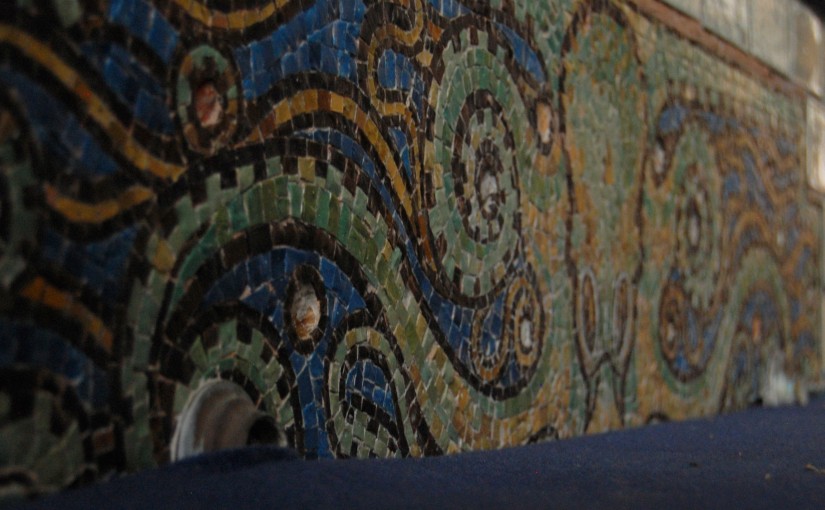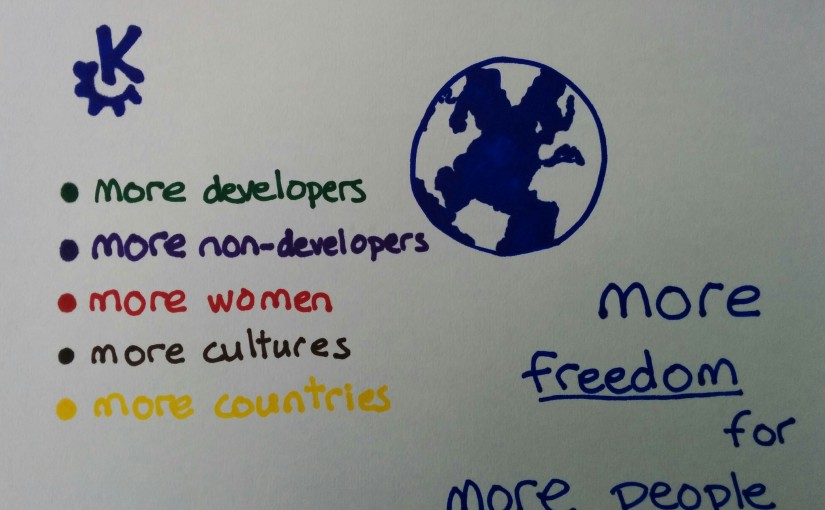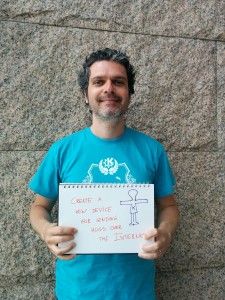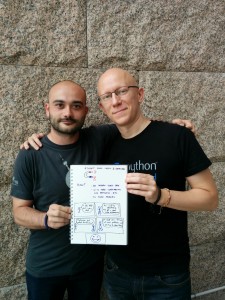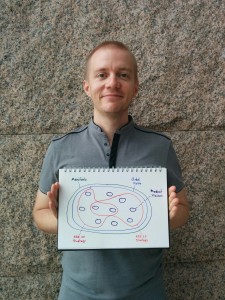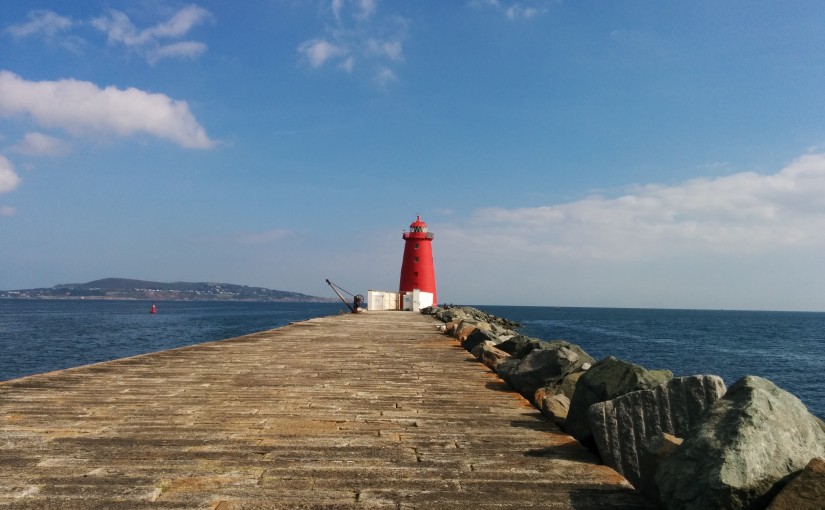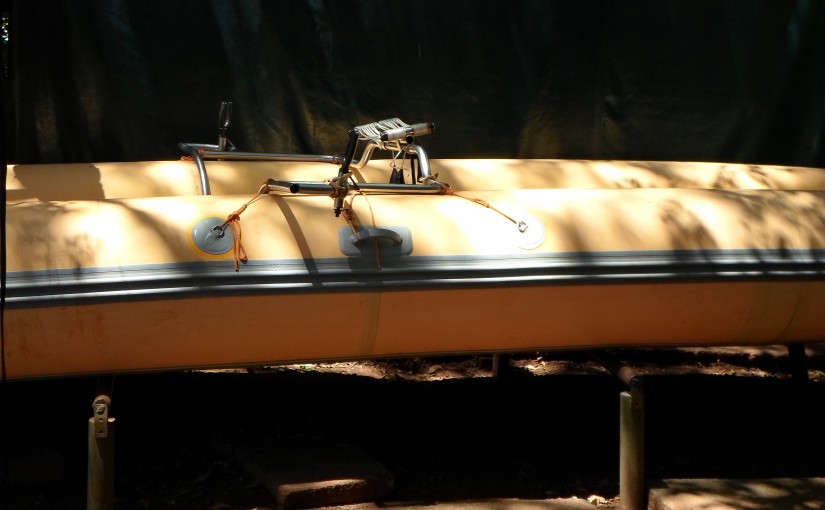In April we started Evolving KDE. The goal of Evolving KDE is to take an honest look at ourselves and evaluate where we are and where we want to go. Based on the answers to these questions we can then figure out how to get us there. The result should bring clarity on a number of questions: What do we do, why do we do it and what is everyone’s role in it? We started with a survey for existing users and contributors to figure out how we all see KDE collectively. We have received 202 responses to the survey and gone through all of them. 92 of the respondends identified themselves as users and 91 as active contributors. (The rest specified “other”.) Most of the active contributors are involved casually or intermittent and are involved for 5 or more years. More than half of the survey responses came from Europe. The results (which were already sent to the KDE Community mailing list before Akademy) can be summarized as follows:
What motivates you and makes you happy when contributing within the KDE community?
The responses indicate that most people are motivated by being in a great community. After that the technology is mentioned. Runner ups include: the potential impact one’s contributions can have, identifying with the ideology of the project, scratching one’s own itch and the potential for learning by contributing.
What do you appreciate in the KDE Community?
Survey responses here almost uniformly focused on the friendliness of the KDE Community. Openness was mentioned second-most. People also appreciate that it is easy for them to get support from others inside the community. Runners ups include: technical excellence, diversity and the products we produce.
What holds you back in your involvement with the KDE community?
The most mentioned theme here was time and energy. Among users then came the lack of skills as well as clear tutorials and help pages that give a clear entry point to contributing. There seems to still be deeply-held belief that unless one is a programmer it is not possible to contribute to KDE. Among the existing contributors the most mentioned points were then: a lack of vision and focus, lacking documentation and other help, in-group behaviour as well as a lack of skills.
What are your ideas to improve the KDE community?
Users very clearly demanded better documentation and entry points for newcomers here. After that came focusing on quality, more user-centered development and more outreach. Existing contributors mentioned about equally focus (but opinions differed in what to focus on), improved outreach activities and better documentation for getting involved. Then came a more active role of KDE e.V., outreach to specific groups (women, countries, etc), being more welcoming to commercial contributors and taking a more active role inside the Qt ecosystem.
Imagine yourself as a happy member of the KDE community in 5 years, what does KDE look like?
The answers here focused a lot on bringing KDE’s software to more devices and the cloud and convergence – possibly by being a distributor directly to the end-user. Then came the focus on creating truly excellent free software that is better than any other – not just other free software. Continuing to be friendly and open was another major theme. Overall people expect KDE to be well known, its software used everywhere and still defending the freedom of our users – both by providing them with great free software and doing advocacy. We should be concentrating less on ourselves and more on the big ecosystem we are a part of and work together with other entities in it more closely. Respondents were also in favor of slightly more involvement by companies. Contributors have a clear desire for a vision and strategy. It seems it does not matter too much which vision and strategy it is as long as we have one.
Over the next days I will publish the recommendations based on these findings and thoughts about the next steps.
